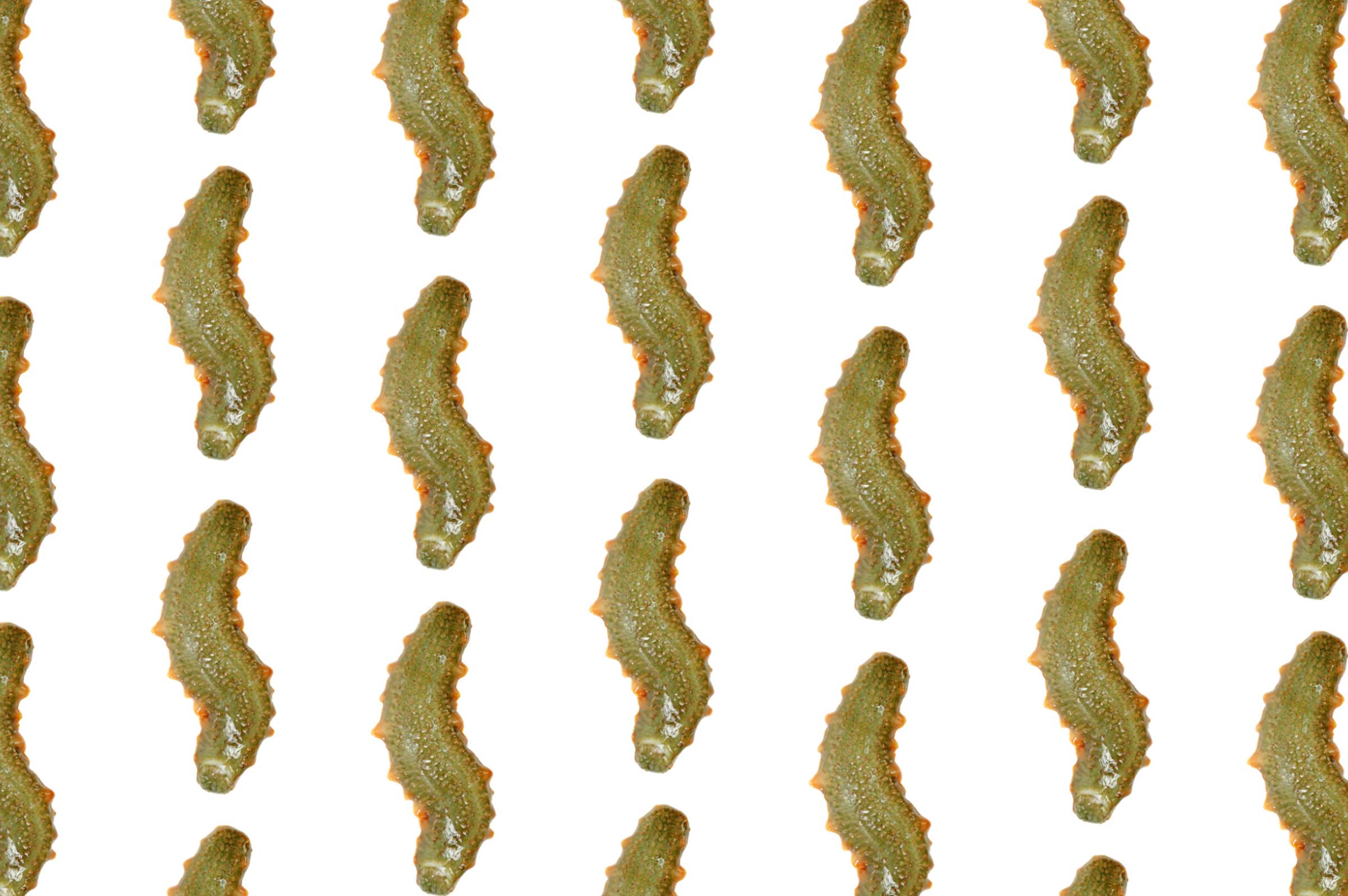In the world of natural health supplements, few are as intriguing as turkey tail mushrooms. Named for their striking, fan-shaped appearance that resembles the colorful tail feathers of a turkey, these mushrooms have been a staple in traditional medicine for centuries. But did you know that turkey tail mushrooms can also be a powerful ally in supporting your dog's immune system and even protecting against cancer?
A Natural Immune Booster
Turkey tail mushrooms are packed with beneficial compounds called polysaccharopeptides, including PSP (polysaccharopeptide) and PSK (polysaccharide-K). These compounds have been shown to have immune-boosting properties, making them an excellent supplement for dogs. When ingested, they stimulate the production and activity of immune cells such as T-cells and macrophages, which play a critical role in identifying and eliminating pathogens and abnormal cells.
For dogs, this immune-boosting effect can be particularly beneficial. Whether it's recovering from an illness, dealing with allergies, or simply maintaining overall health, a stronger immune system means a better defense against a wide range of ailments. Regular supplementation with turkey tail mushrooms can help keep your dog's immune system in peak condition, ready to tackle any challenges that come its way.
Fighting Cancer with Fungi
One of the most remarkable aspects of turkey tail mushrooms is their potential role in cancer prevention and treatment. Research has shown that the PSK compound in these mushrooms can inhibit the growth of cancer cells and even enhance the effects of conventional cancer therapies like chemotherapy and radiation. For dogs, this could mean an additional layer of protection against the development of cancerous tumors.
While no supplement can guarantee cancer prevention, incorporating turkey tail mushrooms into your dog's diet could offer some peace of mind. The mushrooms' anti-cancer properties, combined with their immune-boosting effects, make them a valuable addition to a holistic approach to your dog's health care.
Incorporating Turkey Tail Mushrooms into Your Dog's Diet
One of the most convenient and effective ways to include turkey tail mushrooms in your dog's diet is by using mushroom powders. These supplements can be easily mixed into your dog's food. When choosing a supplement, be sure to ensure it's of high quality without any additives or fillers.
To introduce the supplement, start by adding a small amount of the powder to your dog's regular food. This gradual approach helps your dog adjust to the new taste and allows you to monitor for any adverse reactions. Most dogs tolerate turkey tail mushroom powder well, but it's always wise to introduce any new supplement cautiously. Over time, you can gradually increase the dosage to the recommended amount.
Adding mushroom powder to your dog's diet can be a simple and effective way to boost their immune system and overall well-being. Just sprinkle the recommended amount over their food, mix it in, and watch your dog enjoy the benefits of this potent natural supplement.











